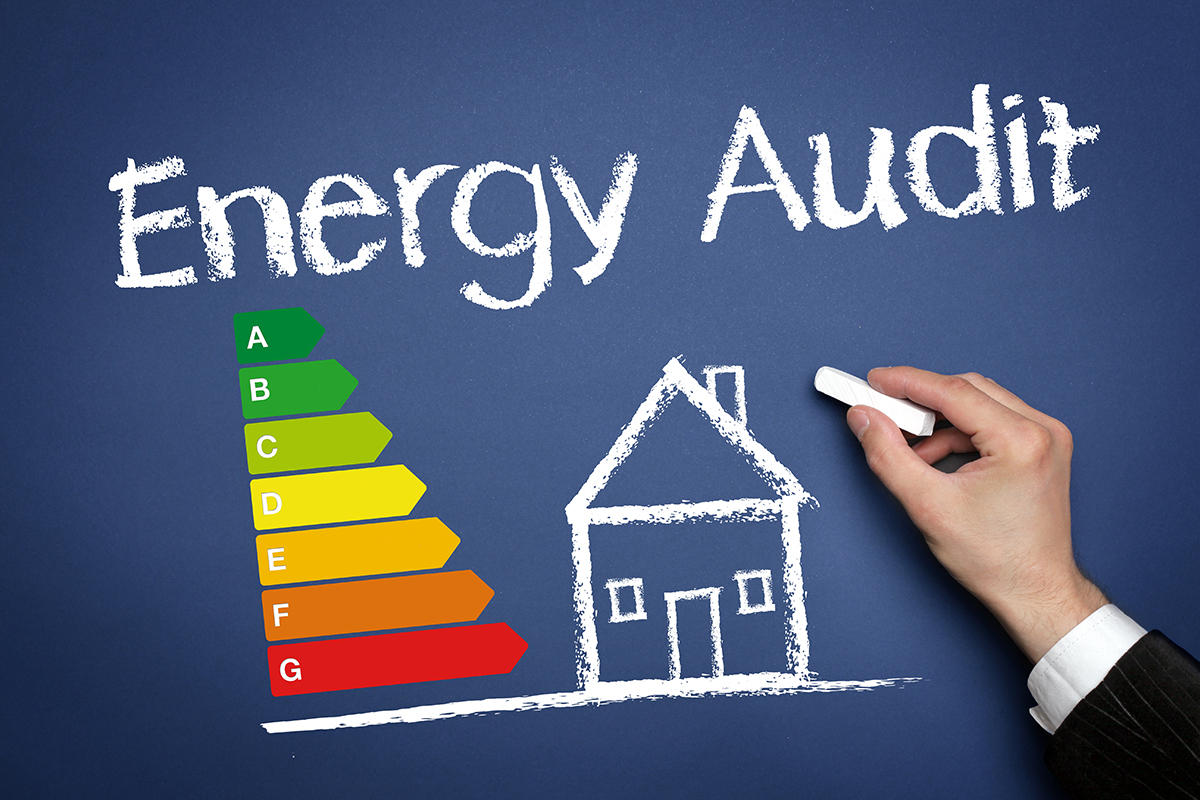
Energy Efficiency Check: Home Energy Audits

Energy Efficiency Check: Home Energy Audits
Energy efficiency is not just a buzzword; it’s a practical and eco-conscious approach to managing your home. Home energy audits are a crucial tool in understanding your energy consumption, identifying inefficiencies, and implementing measures to make your home more energy-efficient. Let’s delve into the significance of home energy audits and how they can benefit both your wallet and the environment.
Understanding Home Energy Audits:
A home energy audit is a comprehensive assessment of your home’s energy use. It involves a thorough examination of various factors, including insulation, heating and cooling systems, appliances, lighting, and overall building structure. The goal is to pinpoint areas where energy is being wasted and to provide recommendations for improvements.
Identifying Energy Inefficiencies:
One of the primary purposes of a home energy audit is to identify energy inefficiencies. This includes areas where your home may be losing heat or cool air, inefficient appliances, outdated lighting systems, or any factors contributing to unnecessary energy consumption. Identifying these inefficiencies is the first step towards making your home more energy-efficient.
Assessing Insulation and Air Sealing:
A significant portion of energy loss in homes occurs through poorly insulated or unsealed areas. Home energy audits assess the quality of insulation in walls, attics, and basements. Additionally, they identify air leaks that can lead to drafts, ensuring that your home is properly sealed to prevent energy waste.
Evaluating Heating and Cooling Systems:
Heating and cooling systems are major contributors to energy consumption. Home energy audits evaluate the efficiency of your HVAC systems, checking for proper sizing, maintenance needs, and potential upgrades. This assessment ensures that your heating and cooling systems operate optimally, reducing energy usage and costs.
Lighting and Appliance Efficiency:
Outdated lighting and appliances can significantly impact your home’s energy efficiency. Home energy audits assess the efficiency of your lighting systems, recommending energy-efficient alternatives such as LED bulbs. Additionally, they evaluate the energy consumption of appliances, suggesting upgrades to more efficient models.
Calculating Energy Usage and Costs:
Home energy audits provide a detailed analysis of your energy usage and associated costs. This breakdown helps you understand which areas of your home contribute the most to your energy bills. Armed with this knowledge, you can prioritize improvements that offer the most significant impact on reducing energy expenses.
Prioritizing Energy-Efficient Upgrades:
Based on the findings of the audit, a prioritized list of energy-efficient upgrades is provided. These recommendations may include installing energy-efficient windows, upgrading insulation, replacing inefficient appliances, or adopting smart technologies to optimize energy usage. Prioritizing upgrades allows you to make informed decisions that align with your budget and goals.
Environmental and Cost Benefits:
Investing in energy-efficient upgrades not only benefits the environment but also translates to long-term cost savings. Reduced energy consumption lowers utility bills, and many governments offer incentives or rebates for implementing energy-efficient measures. Homeowners often find that the initial investment in energy efficiency pays off through lower ongoing operational costs.
Enhancing Home Comfort:
Beyond the financial and environmental benefits, energy-efficient upgrades enhance





